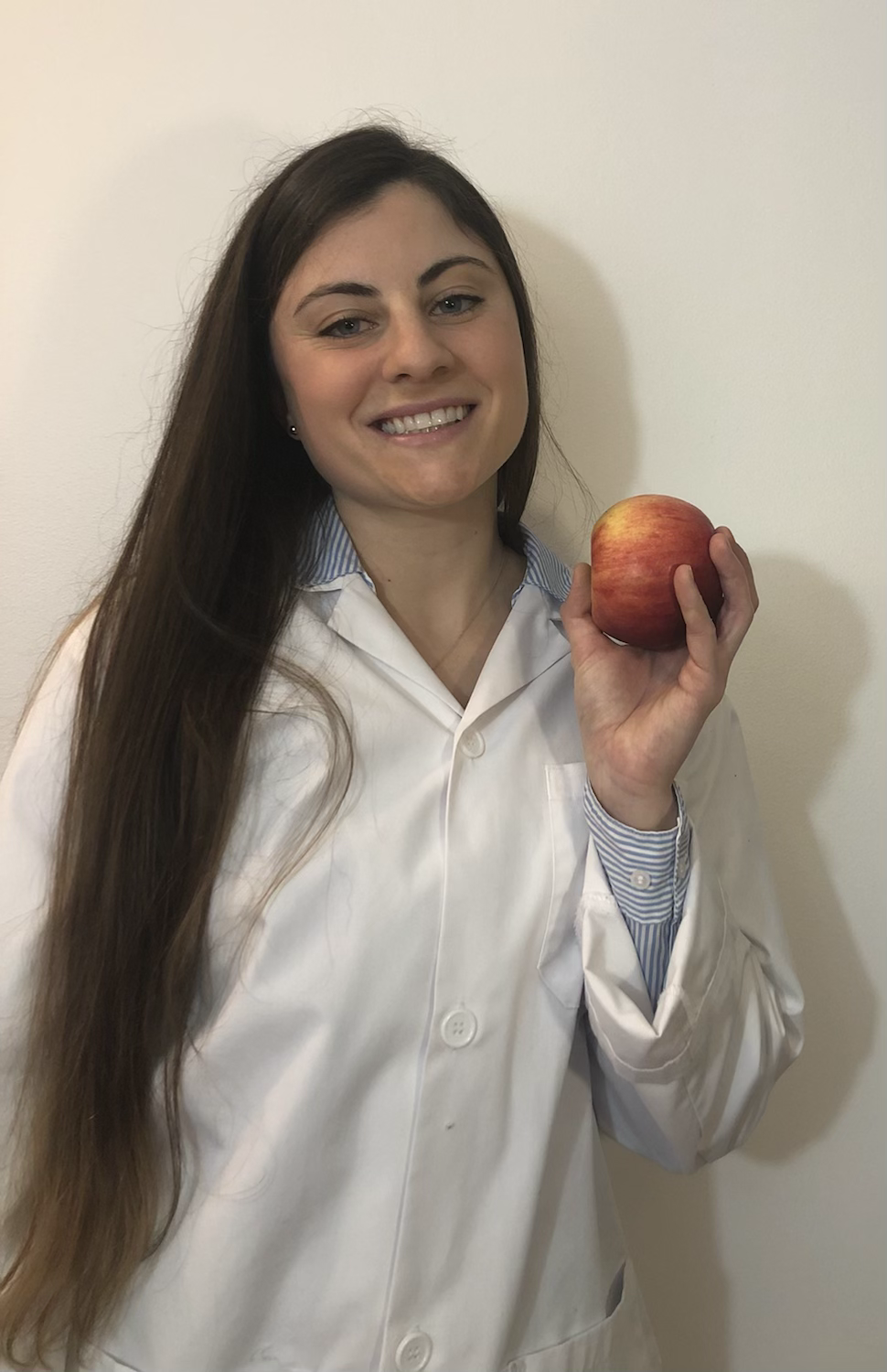Excessive flatulences?
- Karine Drouin

- May 1, 2023
- 2 min read
It can be embarrassing to have flatulence... Could it be possible to have less? Sometimes yes!

A person has an average of 13 to 21 flatulence per day. They are made up of hydrogen (H2), methane (CH4) and carbon dioxide (CO2) (1). Flatulence can be caused by certain foods, food intolerances, medications, medical conditions, aerophagia, etc.
This text discusses a few foods that can cause more flatulences (non-exhaustive list), as well as lactose intolerance and other things that can increase their frequency.
Above all, it is important to know that everyone is different and not everyone tolerates food in the same way. That is, for one person eating a certain food may not cause more gas and for another it may. In addition, the amount of food eaten and food preparation can also influence the amount of flatulence you may have.
List of foods (non-exhaustive) that can cause flatulence:
• garlic
• onions
• cabbage
• broccoli
• Brussels sprouts
• cauliflower
• legumes
• lenses
• bok choy
• germs
• lettuce
• artichokes
• asparagus
• pears, pear juice
• peaches
• apples and apple juice (2),
• soft drinks,
• other fruit juices, etc.
Sweeteners: sorbitol, mannitol, isomalt, xylitol, lactitol and erythritol (3)
Lactose

About 70% of the world's adult population has some degree of lactose intolerance. Those who still tolerate it in adulthood have a genetic mutation that is beneficial since it allows them to digest dairy products without problems. (Corgneau et al. 2017). Many will not realize they are intolerant since their intolerance is low. On the other hand, those who are more intolerant may have several intestinal discomforts such as flatulence, diarrhea and bloating.
Other possible causes
Smoking, chewing tobacco,
chew gum,
Drink soft drinks,
chewing gum (5).
It is natural to have flatulence. However, if you have too many or have other symptoms, it is important to consult a doctor or a health care professional (811).
Karine Drouin RD, Registered Dietitian
References
1 Gotfried, J. Merck. (Janvier, 2022). Symptômes liés aux gaz digestifs. Retrouvé le 4 novembre 2022 en ligne au https://www.merckmanuals.com/fr-ca/professional/troubles-gastro-intestinaux/symptômes-des-troubles-gastro-intestinaux/gas-related-complaints
2 Les diététistes du Canada. (2017). Conseils pour réduire les gaz. Practice Evidenced-Based Nutrition (PEN). Retrouvé le 19 août 2021 en ligne sur PEN
3 Les diététistes du Canada (Janvier, 2022). Quels sont les différents types d’édulcorants? Sont-ils sans danger? Retrouvé le 5 novembre 2022, en ligne au https://www.unlockfood.ca/fr/Articles/Technologie-culinaire/Quels-sont-les-differents-types-d’edulcorants-Sont-ils-sans-danger.aspx?aliaspath=/en/Articles/Food-technology-Biotechnology-Novel-foods/Facts-on-artificial-sweeteners
5 Société canadienne de recherche intestinale. (n.d.). Gaz intestinaux. Retrouvé le 5 novembre 2022, en ligne au https://badgut.org/centre-information/sujets-de-a-a-z/gaz-intestinaux/?lang=fr



Comments